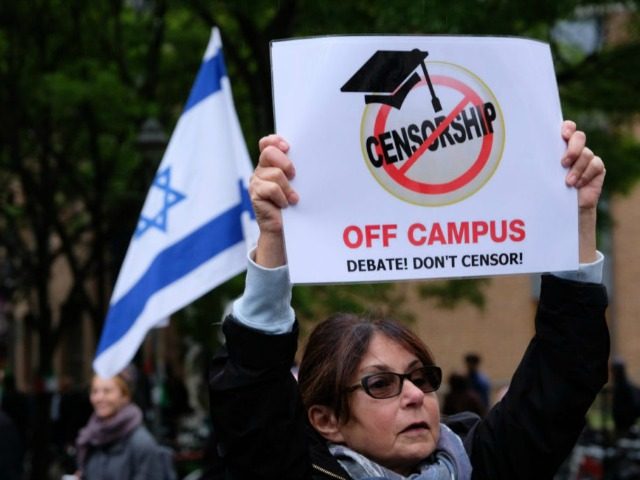The Wall Street Journal published a column this week about the Heterodox Academy, a non-partisan activist group that seeks to break down the ideological homogeneity on college campuses.
The Heterodox Academy was founded by Jonathan Haidt of New York University to combat the lack of intellectual diversity on college campuses. The academy now boasts 2,000 members, all of which are either graduate students or professors at universities and colleges around the country.
Haidt explains that speech codes have been on college campuses since the 1980s. Despite this, the amount of censorship and insistence on a certain breed of leftism has taken off in recent years.
Speech codes on college campuses have been around at least since the 1980s. But what has changed, according to social psychologist Jonathan Haidt of New York University, is the attitude of the students. Mr. Haidt, who co-founded Heterodox Academy, believes that today’s collegians are more apt than earlier generations to feel threatened by words and ideas. The members of what psychologist Jean Twenge calls “iGen”—the internet generation, born since 1995—have far higher rates of anxiety and depression than did older millennials. Research suggests that iGen’s steady diet of social media may be partly to blame. These students, many of whose parents protected them from the ordinary adversities of daily life, began arriving to campus in 2013, psychologically fragile and unprepared for the challenges of a college education.
The quick growth of the Heterodox Academy shows that there is an appetite for resistance against the growing censorship campaigns on college campuses. A Brookings Institute study from 2017 revealed that one in five college students believe that it is acceptable to use violence to shut down an offensive speaker.
Despite the recent panic over censorship efforts, it seems like the campaigns have died down. Only nine speakers were disinvited this year over their views. In 2016, there were at least 43 attempts to disinvite controversial speakers.
Read the entire article here.

COMMENTS
Please let us know if you're having issues with commenting.